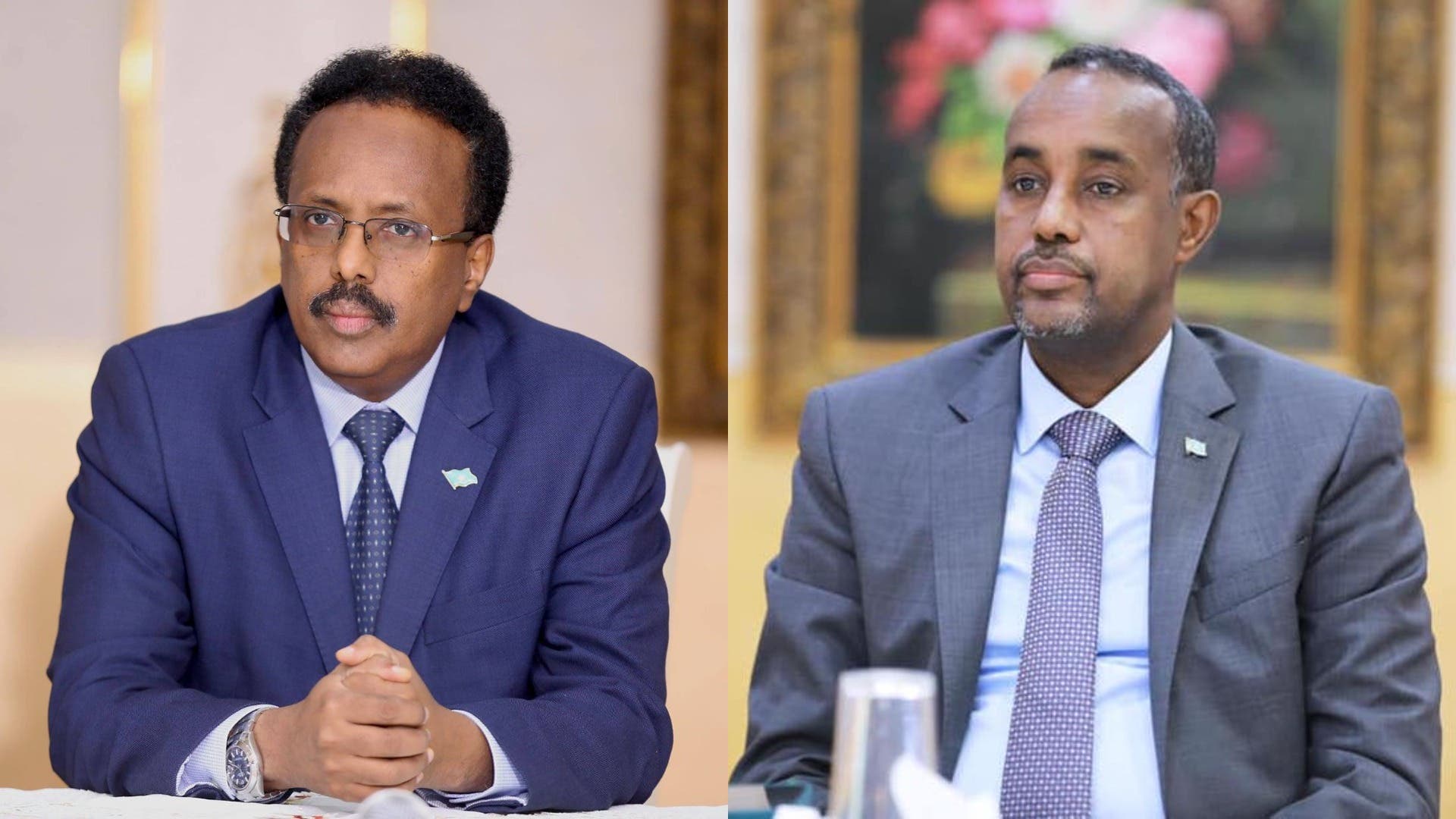

Somalia election is gradually hitting crossroad as President Mohamed Abdullahi Farmajo made a controversial withdrawal of Prime Minister’s powers. The move that has been fresh creating crisis amongst the political gladiators of the horn of Africa.
The office of the president made a statement saying “The prime minister has violated the transitional constitution so his executive powers are withdrawn especially his powers to remove and to appoint officials, until the election is completed.”
The head of state justified his decision by saying that the Prime Minister had taken “imprudent decisions that could pave the way for political and security instability,” and that he had not carried out “any consultation and collaboration with the president.
The two men, who have had a tense relationship for several months, have clashed twice in the past ten days over dismissals and appointments to key security positions.
On September 5, Mohamed Roble dismissed the head of the Intelligence and Security Services Agency (Nisa), Fahad Yasin, a close associate of Farmajo, for his handling of the investigation into the unexplained disappearance of one of his female officers, Ikran Tahlil.
The president overturned the “illegal and unconstitutional” decision and appointed a replacement of his choice after promoting Fahad Yasin to national security adviser.
Last week, after accusing the president of “obstructing” the investigation and calling his decisions a “dangerous existential threat” to the country, the prime minister replaced the security minister. The President also ruled that this decision was not in accordance with the Constitution. Politicians then tried to defuse the tension between the two leaders, but without success.
Elected in 2017, Farmajo’s term expired on Feb. 8 without being able to agree with regional leaders on holding elections, triggering a serious constitutional crisis. The announcement in mid-April that his term would be extended for two years sparked armed clashes in Mogadishu, reviving memories of the decades of civil war that ravaged the country after 1991.
Roble, appointed in September 2020, has been at the center of the political scene since Farmajo tasked him in May with organizing the sensitive elections.
The Prime Minister has agreed on an election timetable, with an initial target date of October 10 for the presidential election.
The process is already behind schedule. The appointment of members of the lower house, the last step before the election of the head of state under Somalia’s complex indirect electoral system, is now scheduled to take place between October 1 and November 25.
Mohamed Roble assured UN diplomats on Sunday that the elections would go ahead “as planned”.
more recommended stories
 Somalia’s Secretive Oil Deal with Turkey Sparks Outrage, Deepens Political and Security Concerns
Somalia’s Secretive Oil Deal with Turkey Sparks Outrage, Deepens Political and Security ConcernsMogadishu – Somalia’s parliamentary Natural Resources.
 Power Monopoly Sparks Backlash in Burao as Government Sends Mixed Signals
Power Monopoly Sparks Backlash in Burao as Government Sends Mixed SignalsConflicting Government Letters Deepen Burao Electricity.
 Khaatumo Confirms: Al-Shabaab Behind Assassination of Ethiopian Diplomat
Khaatumo Confirms: Al-Shabaab Behind Assassination of Ethiopian DiplomatLaascaanood, SOOL – The already fragile.
 Somaliland President Prioritizes Peace and Security in Landmark Parliamentary Speech
Somaliland President Prioritizes Peace and Security in Landmark Parliamentary SpeechPresident Irro’s address reflects his administration’s.

